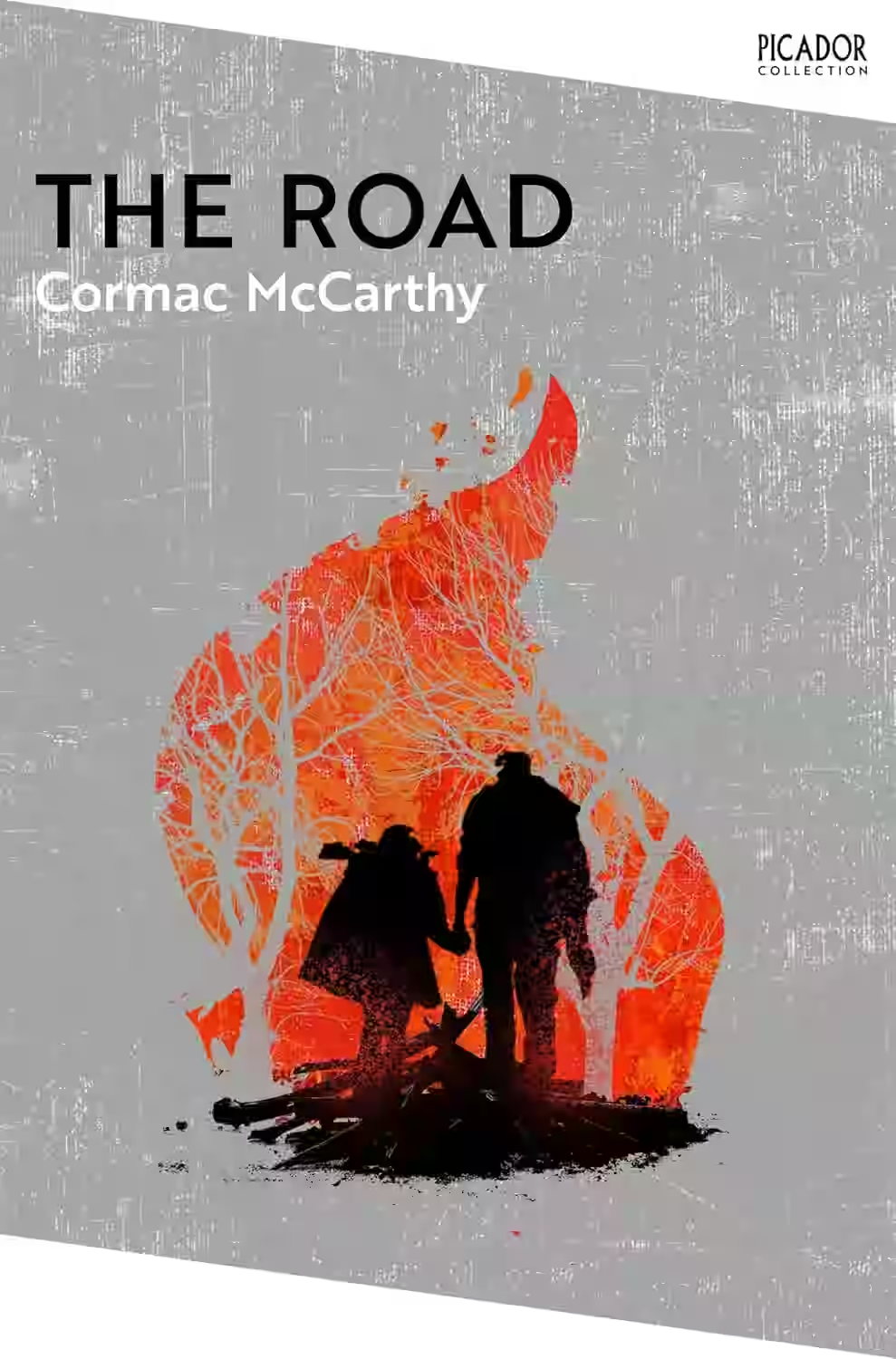
In a burned-out America, a father and his young son walk under a darkened sky, heading slowly for the coast. They have no idea what, if anything, awaits them there. The landscape is destroyed, nothing moves save the ash on the wind and cruel, lawless men stalk the roadside, lying in wait. Attempting to survive in this brave new world, the young boy and his protector have nothing but a pistol to defend themselves. They must keep walking. Winner of the Pulitzer Prize for Fiction, The Road is an incandescent novel, the story of a remarkable and profoundly moving journey. In this unflinching study of the best and worst of humankind, Cormac McCarthy boldly divines a future without hope, but one in which, miraculously, this young family finds tenderness. An exemplar of post-apocalyptic writing, The Road is a true modern classic, a masterful, moving and increasingly prescient novel.
About Cormac McCarthy
An American author known for his stark and powerful prose, often exploring themes of violence, survival, and the human condition in bleak and unforgiving landscapes. Novels like The Road and No Country for Old Men are characterized by their sparse dialogue, unflinching realism, and profound meditations on morality and mortality. McCarthy's distinctive style and intense narratives have established him as a significant figure in contemporary American literature.
Other Books by Cormac McCarthy
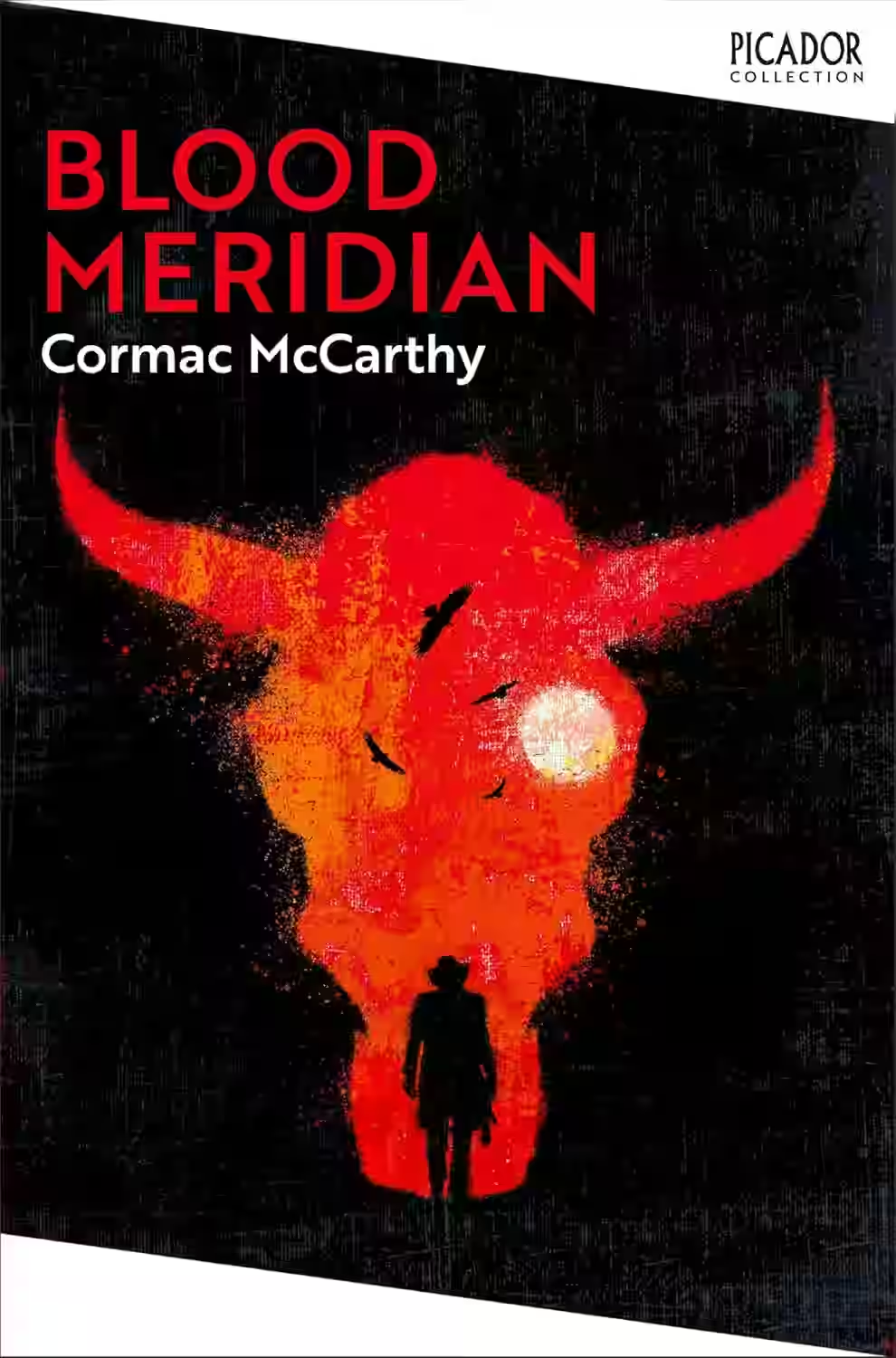
Blood Meridian
Blood Meridian is an epic novel of the violence and depravity that attended America's westward expansion, brilliantly subverting the conventions of the Western novel and the mythology of the Wild West. Based on historical events that took place on the Texas-Mexico border in the 1850s, it traces the fortunes of the Kid, a fourteen-year-old Tennesseean who stumbles into a nightmarish world where Indians are being murdered and the market for their scalps is thriving.
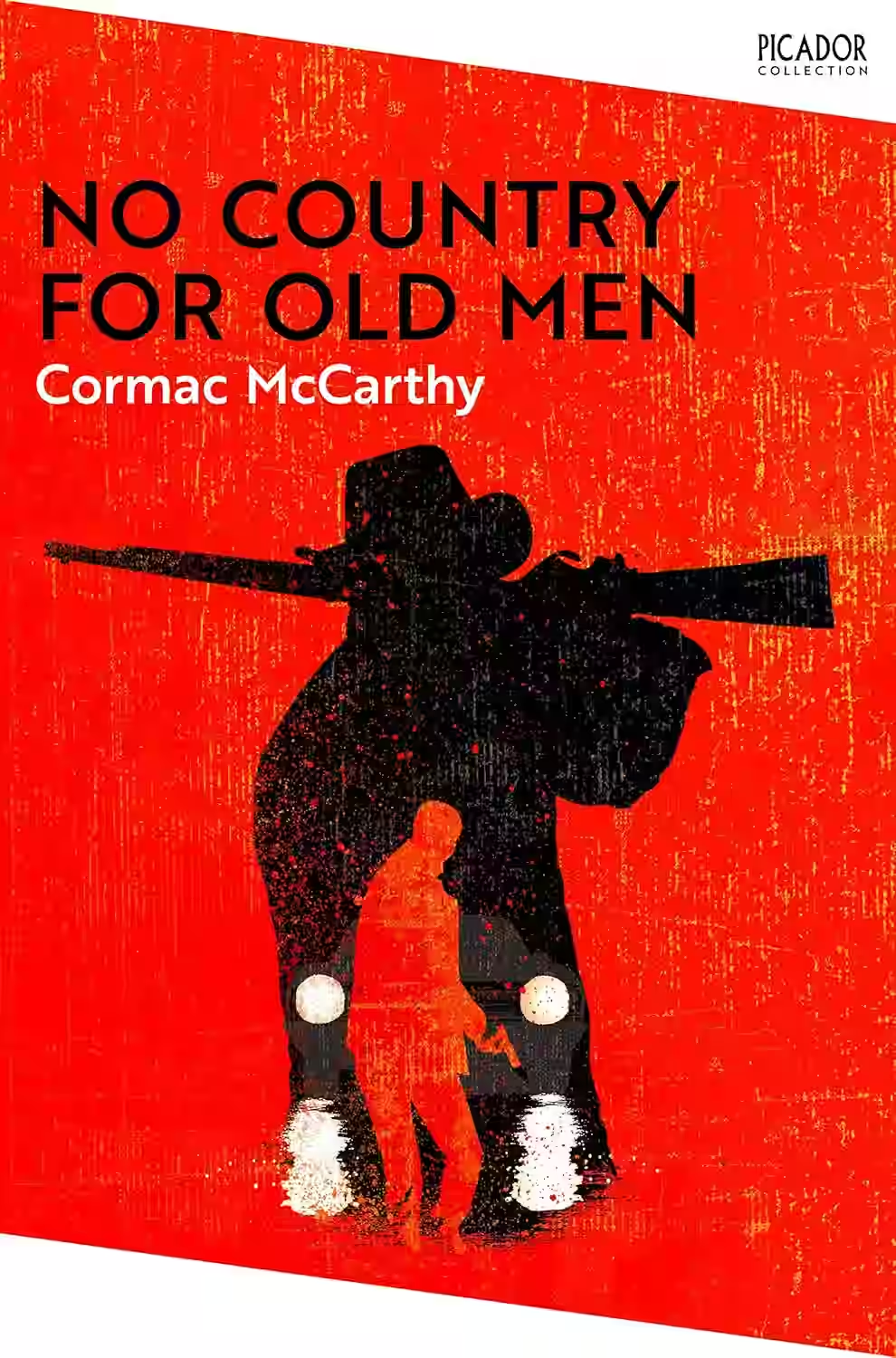
No Country for Old Men
No Country for Old Men by Cormac McCarthy is a stark, violent meditation on fate, morality, and the unraveling of a modern American landscape. Set in 1980s Texas, the novel follows Llewelyn Moss, a hunter who stumbles upon a drug deal gone wrong and takes a suitcase full of money. He becomes the target of Anton Chigurh, a cold, remorseless killer with a twisted code of ethics. Sheriff Ed Tom Bell, haunted by the past, attempts to bring order amid the chaos. With sparse, powerful prose and existential weight, McCarthy crafts a gripping tale of justice in a world losing its grip on meaning.
Similar Books
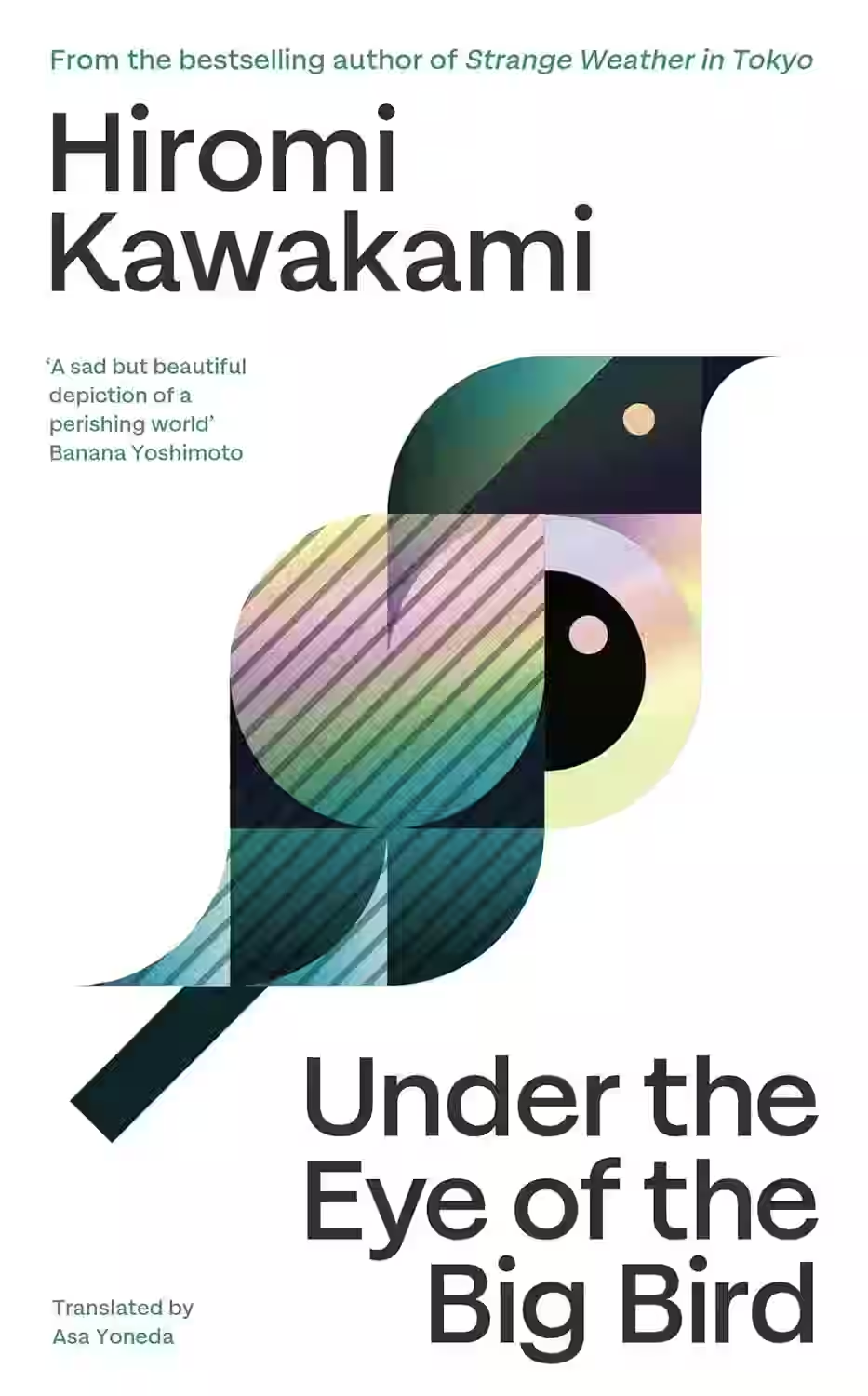
Under the Eye of the Big Bird
Hiromi Kawakami's "Under the Eye of the Big Bird" is a speculative fiction novel that imagines humanity on the brink of extinction in a distant future. Shortlisted for the International Booker Prize 2025, it unfolds over geological eons through a series of interconnected vignettes. In this future, humans live in small, isolated tribes, often overseen by AI entities known as "Mothers." Kawakami explores diverse forms of humanity and reproduction, with some children created in factories from animal cells, and others sustaining themselves like plants. The novel delves into profound questions about what it means to be human, examining themes of evolution, survival, love, connection, and the intricate relationship between humanity and technology. It's a meditative and unsettling vision of a faltering world, yet it also touches upon the resilience and enduring, if flawed, nature of human beings.
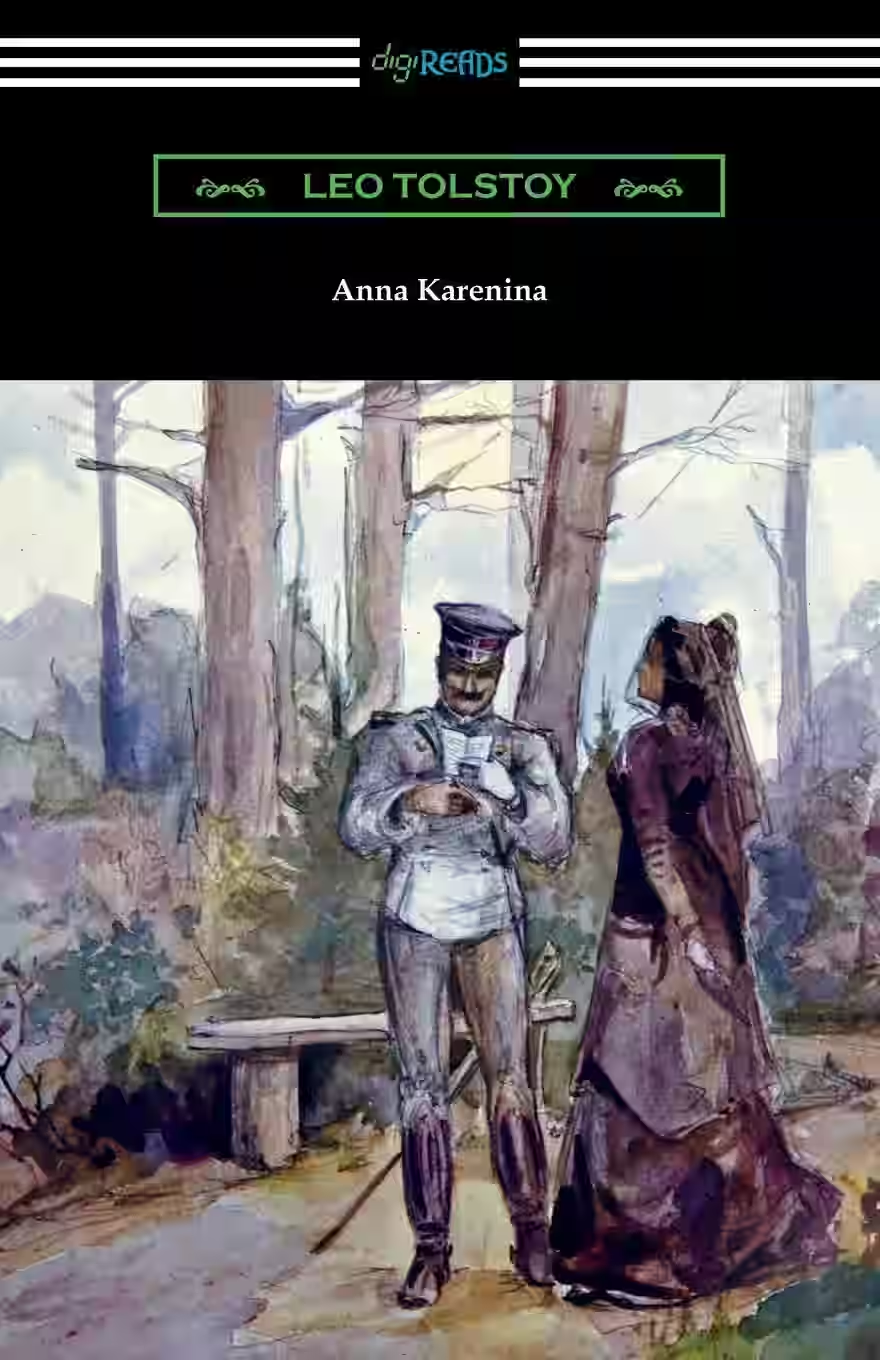
Anna Karenina
by Leo Tolstoy
Acclaimed by many as the world's greatest novel, Anna Karenina provides a vast panorama of contemporary life in Russia and of humanity in general. In it Tolstoy uses his intense imaginative insight to create some of the most memorable characters in all of literature. Anna is a sophisticated woman who abandons her empty existence as the wife of Karenin and turns to Count Vronsky to fulfil her passionate nature - with tragic consequences. Levin is a reflection of Tolstoy himself, often expressing the author's own views and convictions.
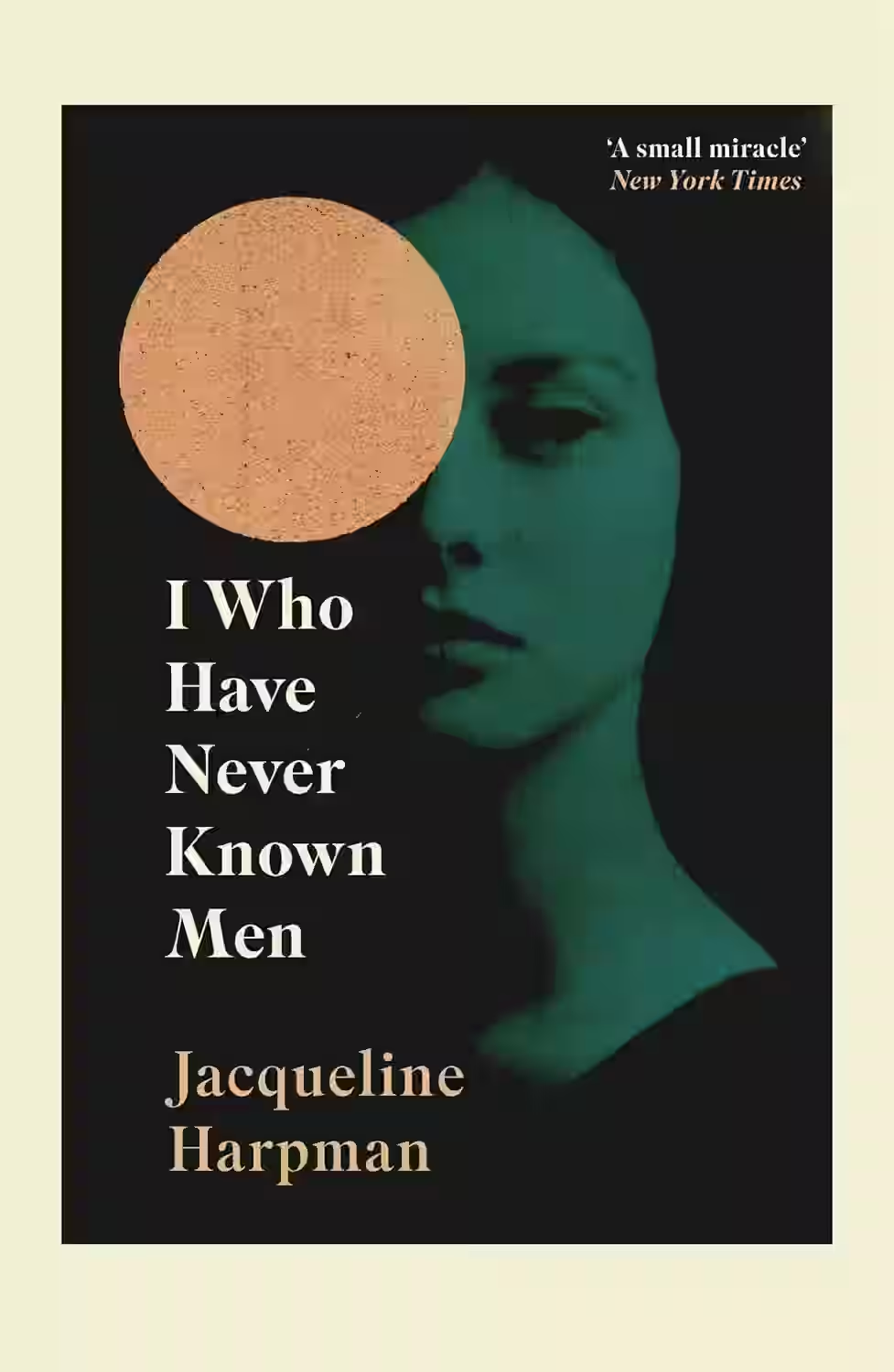
I Who Have Never Known Men
In Jacqueline Harpman's 'I Who Have Never Known Men,' we delve into a thought-provoking narrative following a group of women imprisoned in an underground bunker. The protagonist, a young woman named L, navigates the complexities of survival, freedom, and identity as she encounters the first man they have ever seen. The novel intricately weaves themes of power dynamics, autonomy, and societal constructs as the women explore their newfound reality. Harpman's writing is hauntingly beautiful, drawing readers into a world that challenges perceptions and questions the essence of humanity. 'I Who Have Never Known Men' is a compelling and introspective read that lingers in the mind long after the last page.
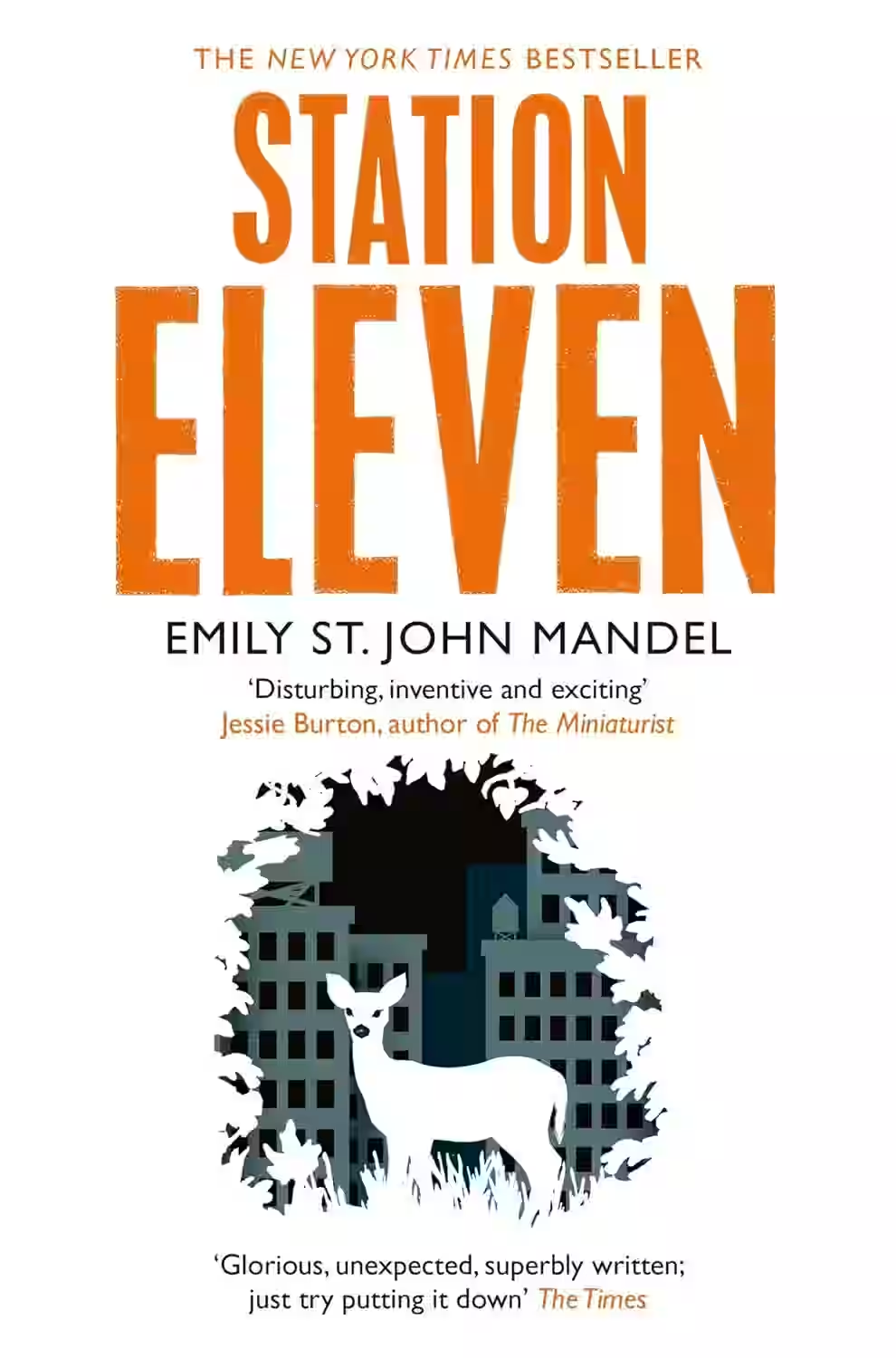
Station Eleven
Station Eleven by Emily St. John Mandel is a haunting and beautifully written novel set in the aftermath of a devastating pandemic. It weaves together the lives of a Hollywood actor, a nomadic group of performers, and survivors clinging to remnants of the old world. Spanning decades and shifting between past and future, the story explores memory, art, and human connection in the face of collapse. As the Traveling Symphony brings Shakespeare to scattered settlements, Mandel examines what remains when everything else is lost. A moving, literary tale of resilience and the enduring power of storytelling.